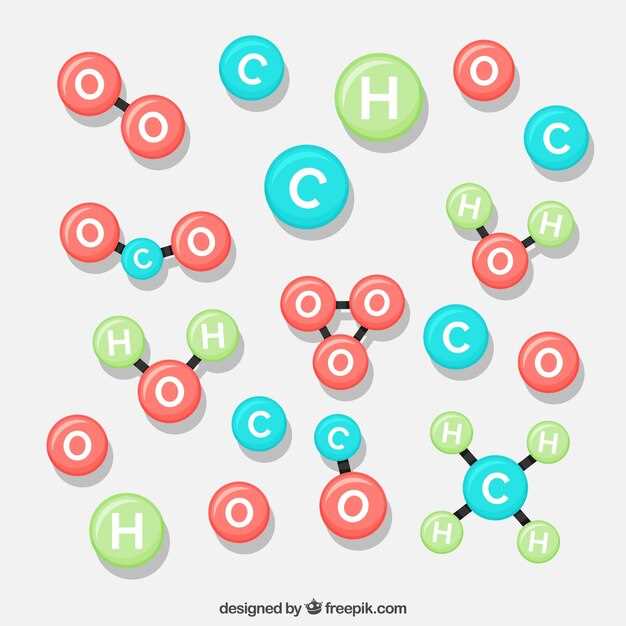
Experience relief from overactive bladder symptoms with the powerful combination of solifenacin and tamsulosin. Say goodbye to frequent urges, urgency, and leakage, and regain control of your life. Consult with your healthcare provider to see if this treatment is right for you.
Key benefits:
– Improved bladder control
– Reduced frequency of bathroom visits
– Enhanced quality of life
Solifenacin and Tamsulosin: A Combination Therapy

Combining solifenacin and tamsulosin offers a comprehensive approach to managing overactive bladder (OAB) symptoms and benign prostatic hyperplasia (BPH) in men. By leveraging the unique mechanisms of action of both medications, this combination therapy provides improved efficacy and symptom relief compared to using each drug individually.
Enhanced Symptom Control
When used together, solifenacin and tamsulosin target both the urgency, frequency, and incontinence associated with OAB and the urinary hesitancy, weak stream, and nocturia characteristic of BPH. This dual-action approach addresses a broader range of symptoms, leading to better overall symptom control and quality of life for patients.
The combination therapy of solifenacin and tamsulosin is a well-tolerated and effective solution for individuals suffering from both OAB and BPH, providing a holistic approach to symptom management.
Benefits of Combined Treatment

Solifenacin and tamsulosin are two medications that work together in a powerful way to help manage symptoms of overactive bladder and benign prostatic hyperplasia. When used in combination, these drugs can provide significant benefits to patients by addressing both urgency and frequency of urination as well as difficulty with urination.
The combined treatment approach offers a comprehensive solution for individuals suffering from these conditions, helping to improve overall quality of life and restore normal bladder and urinary function. By targeting different aspects of bladder function, solifenacin and tamsulosin work synergistically to provide effective relief from bothersome symptoms.
Patients who choose the combined therapy of solifenacin and tamsulosin can experience reduced frequency and urgency of urination, improved bladder control, and enhanced ability to empty the bladder completely. This tailored treatment approach can help individuals regain confidence and comfort in their daily lives.
How Solifenacin Works
Solifenacin works by blocking specific receptors in the bladder called muscarinic receptors. These receptors are responsible for controlling the contraction of the bladder muscle. By blocking these receptors, Solifenacin helps to relax the bladder muscle, reduce bladder spasms, and increase the bladder’s storage capacity.
When the bladder muscle is relaxed, it can hold more urine, reducing the frequency and urgency of urination. This can be particularly helpful for individuals who experience overactive bladder symptoms such as frequent urination, urgency, and incontinence.
How Tamsulosin Works
Tamsulosin is an alpha-blocker medication that works by relaxing the muscles in the prostate and bladder neck, making it easier to urinate. It helps to improve urine flow and reduce symptoms of benign prostatic hyperplasia (BPH) such as frequent urination, urgency, and incomplete emptying of the bladder. Tamsulosin selectively targets alpha-1 adrenergic receptors in the smooth muscle of the prostate gland and bladder neck, leading to the relaxation of these muscles and allowing for better urinary flow.
| Benefits of Tamsulosin: |
| 1. Improved urine flow |
| 2. Reduction in BPH symptoms |
| 3. Increased bladder emptying |
Combining Solifenacin and Tamsulosin
Solifenacin and tamsulosin are two medications that work together to treat the symptoms of overactive bladder and benign prostatic hyperplasia (BPH). When taken together, these medications provide a more comprehensive approach to managing these conditions.
Solifenacin is an antimuscarinic medication that works by relaxing the bladder muscles, reducing the frequency and urgency of urination. It helps control the symptoms of overactive bladder, such as frequent urination, urgent need to urinate, and urinary incontinence.
Tamsulosin is an alpha-adrenergic antagonist that helps relax the muscles in the prostate and bladder neck, making it easier to urinate. It is commonly used to treat the symptoms of BPH, including difficulty in starting urination, weak urine stream, and the need to urinate frequently.
Combining solifenacin and tamsulosin allows for a synergistic effect, as each medication targets different aspects of bladder function and urinary symptoms. By working together, they provide a more complete treatment approach that can improve overall bladder function and quality of life for individuals with overactive bladder and BPH.
